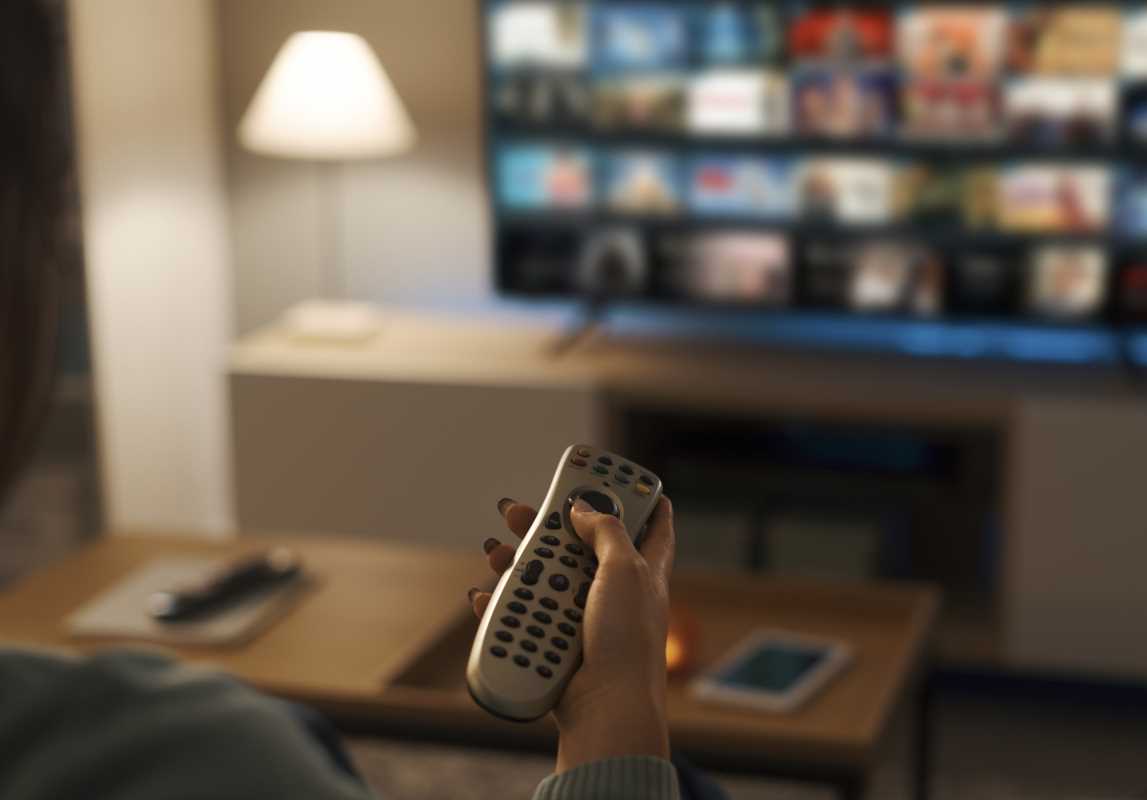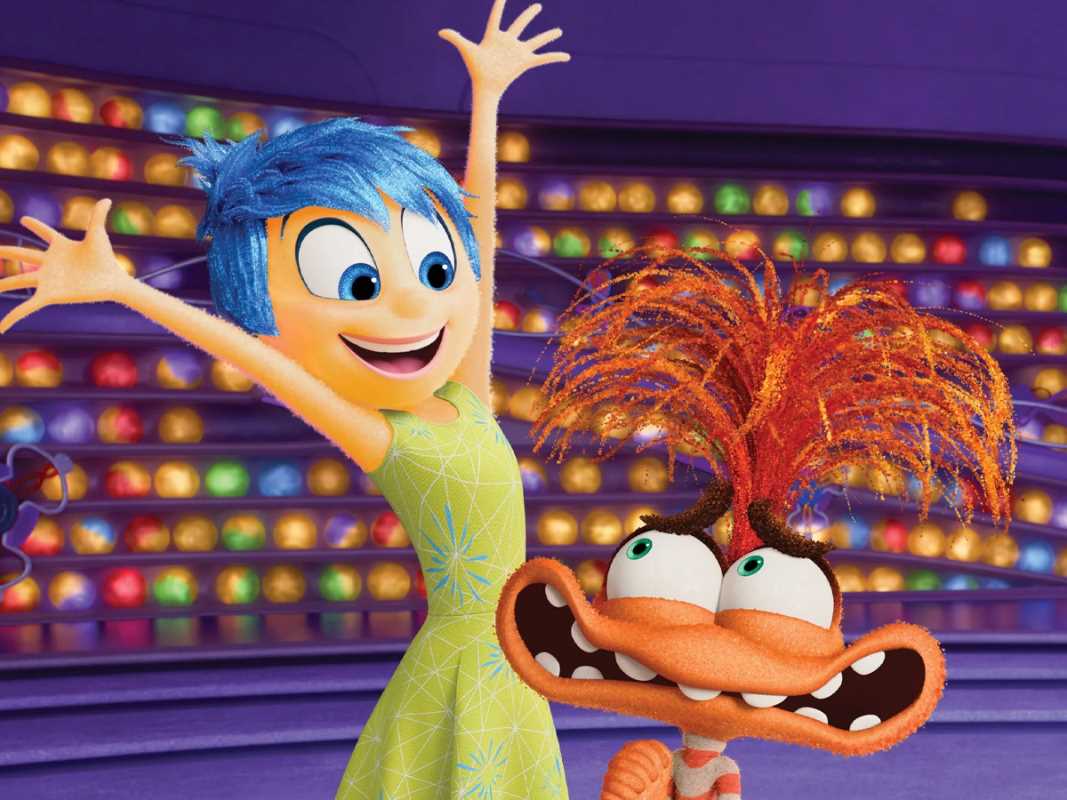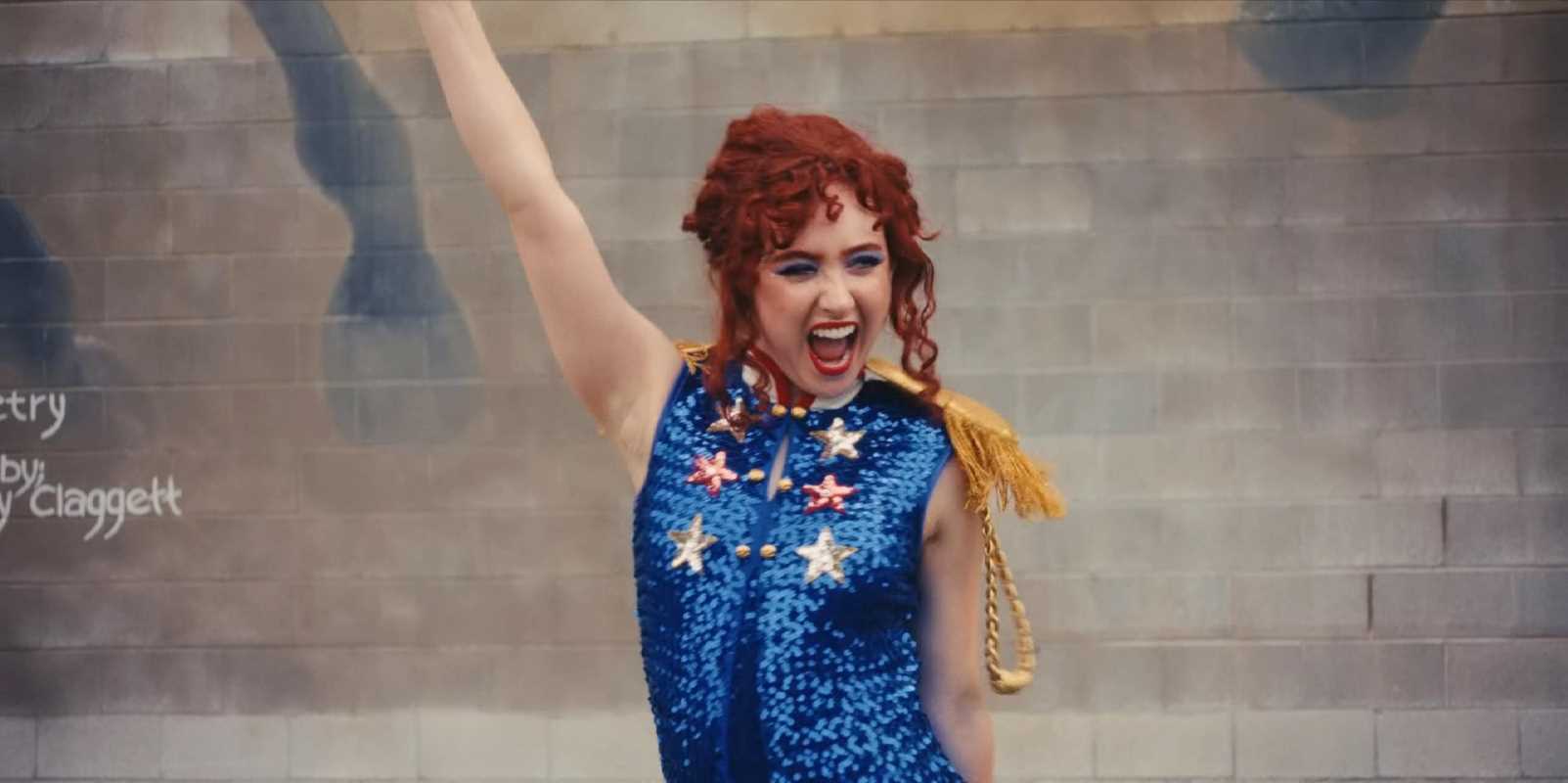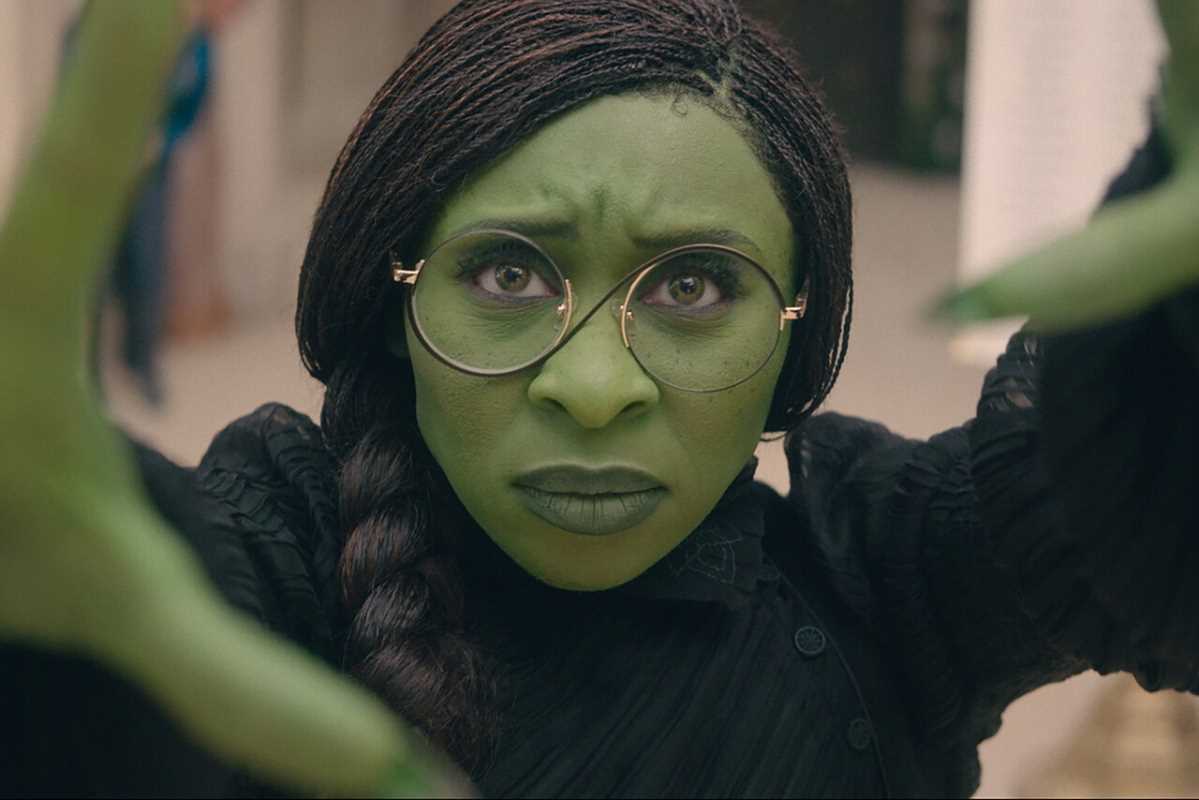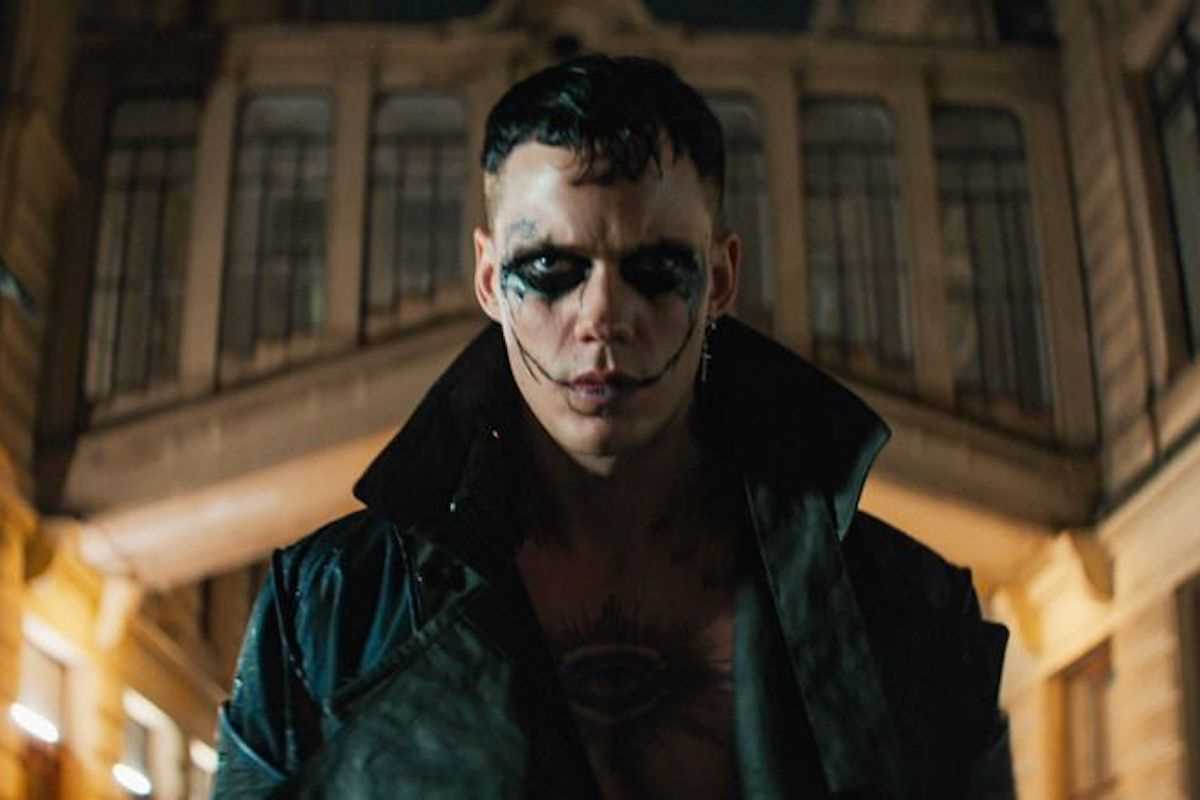Marvel has been on top of the entertainment world for over a decade, delivering blockbuster after blockbuster that packed theaters and had fans buzzing. But lately, something feels… off. Sure, Marvel movies still rake in money like they print it, but long-time fans and critics alike are starting to ask questions about the future of the Marvel Cinematic Universe (MCU). The once-unshakable franchise seems to have hit a rocky patch, with some recent entries feeling less satisfying than we'd hoped. Is this just a bump in the road? Or is Marvel dealing with something bigger, like creative burnout or audience fatigue? Let's dig in to see what’s causing the buzz (and groans) surrounding the MCU and whether our favorite superhero franchise is in trouble or simply evolving.
What's Marvel Fatigue, Anyway?
First, let's clear up what people mean when they talk about "Marvel fatigue." This phrase started popping up a few years ago, as Marvel began releasing more content than ever. We're talking multiple movies a year, plus Disney+ shows that tie into the larger Marvel storyline. At first, fans were thrilled. Who doesn’t love more superheroes? But over time, the packed schedule started to feel overwhelming. Watching a Marvel movie used to feel like a special event, but now, it’s almost routine.
And here's the thing about routines. Eventually, they can get boring if they don’t mix things up. People started noticing repetitive storylines, overuse of CGI, and movies that seemed more like setups for future films than satisfying experiences on their own. This steady drip of content, combined with creative missteps, is what people mean when they talk about Marvel fatigue.
The Signs of a Slump in Phase Four
Marvel divides its storytelling into “phases,” and the current one, Phase Four, hasn't received the same praise as earlier phases. A big reason is that the focus has shifted. Earlier phases were building toward a massive payoff with Avengers: Endgame, an epic conclusion to years of storytelling. Phase Four? It feels unfocused.
Movies like Eternals and Thor: Love and Thunder struggled to resonate with audiences. Eternals introduced a huge group of new characters, but many people found the cast lifeless and the story dull. Then there’s Love and Thunder, which leaned so hard into humor and chaotic energy that it lost the emotional weight fans expected from Thor’s character arc. These movies felt like big-budget experiments, and while Marvel deserves credit for taking risks, it’s clear they didn’t always work.
Even Doctor Strange in the Multiverse of Madness, a movie hyped for its wild concept, left some people scratching their heads. It had moments of excitement, but the plot was messy and overly complicated. This time, it didn't feel like a self-contained adventure. It came off as homework for the next phase.
Over-Saturation or Overkill?
One major factor in Marvel fatigue is the sheer volume of content. Gone are the days when fans looked forward to one or two movies a year. Now, there are as many as four movies in a year, plus shows like WandaVision, Loki, Hawkeye, and Ms. Marvel. Keeping up with everything feels like a full-time job! And because the MCU loves its interconnected stories, skipping an episode or a movie can leave fans feeling lost.
This content machine has also led critics to point out a decline in quality. With so much being churned out so quickly, some projects feel rushed or incomplete. Take Black Widow as an example. Fans waited years for Natasha Romanoff to get her own movie, and when it finally came, it felt like a missed opportunity. The CGI-heavy third act and the underdeveloped villain made it feel more like filler than a much-needed spotlight for a beloved character.
Meanwhile, Disney+'s Marvel series have been hit or miss. For every WandaVision (which took narrative risks and offered something new), there’s a Moon Knight or She-Hulk that struggled to find its footing. The constant barrage of content has diluted the excitement of Marvel releases.
Too Much of the Same Formula?
Another issue is that many Marvel movies follow a similar formula. You know the drill by now: a reluctant hero, quippy banter, a big CGI battle, and a post-credits scene teasing the next movie. This used to feel fresh and fun, but now it’s starting to feel predictable. When audiences can predict what’s coming next, the magic starts to fade.
That’s not to say the Marvel formula doesn’t work. It’s been hugely successful! But as superhero movies become more common (thanks to DC, Sony, and even other franchises that started to do it better like The Boys and Invincible), Marvel’s approach doesn’t feel as groundbreaking as it once did.
The Challenges of Post-Endgame
A big part of Marvel's current struggle is figuring out how to follow Avengers: Endgame. That movie was a cultural phenomenon, bringing together over a decade of storytelling in a way that felt epic and emotional. How do you top that?
The answer is it’s not easy. Phase Four feels directionless without a big, unifying villain like Thanos or an obvious ending in sight. It's no longer building toward one massive event. It’s introducing new characters and exploring multiverse storylines, which have been confusing at times.
Spider-Man: No Way Home is proof of that. It brought back fan-favorite characters from other Spider-Man universes, which was an incredible moment for fans. But the movie's success relied largely on nostalgia, not the strength of its story. Marvel will eventually need more than nostalgia to keep audiences hooked.
Is Marvel Evolving, or in Decline?
It’s not all bad news for Marvel. Despite the criticisms, the MCU is still wildly successful on a financial level. Fans haven’t completely abandoned the franchise, and there are glimpses of hope for the future. Shang-Chi and the Legend of the Ten Rings was a standout, offering strong character development, stunning martial arts choreography, and fresh cultural representation. Wakanda Forever carried the weight of honoring Chadwick Boseman's legacy while introducing compelling new characters. These movies show Marvel still has the power to make audiences care.
We can't forget that change is hard. The MCU is trying to evolve, bringing in new heroes like the Eternals, Ms. Marvel, and Ironheart while saying goodbye to legacy characters like Iron Man, Captain America, and Black Widow. These transitions take time and might not land for every fan, but they represent Marvel’s effort to stay relevant in a changing landscape.
What Can Marvel Do to Stay Fresh?
If Marvel wants to keep its crown, it might have to slow down. Quality over quantity has always been a winning strategy, and taking more time to develop each movie or series could lead to fewer creative missteps. It might also be time to rethink the Marvel formula. Audiences are ready for stories that break the mold, offering surprises instead of sticking to what’s safe.
Another potential fix is balancing spectacle with substance. Marvel has always been about delivering jaw-dropping action, but fans also love the emotional arcs that make these heroes relatable. Leaning into heartfelt storytelling and avoiding the temptation to make everything a setup for future projects could re-engage fans.
Finally, the MCU needs a clear vision. Marvel’s strength has always come from the feeling that everything is building toward something greater. Fans just need a reason to care about what’s coming next. Deadpool & Wolverine comes out soon, so we likely won't have to wait long to see what Marvel chooses to do.
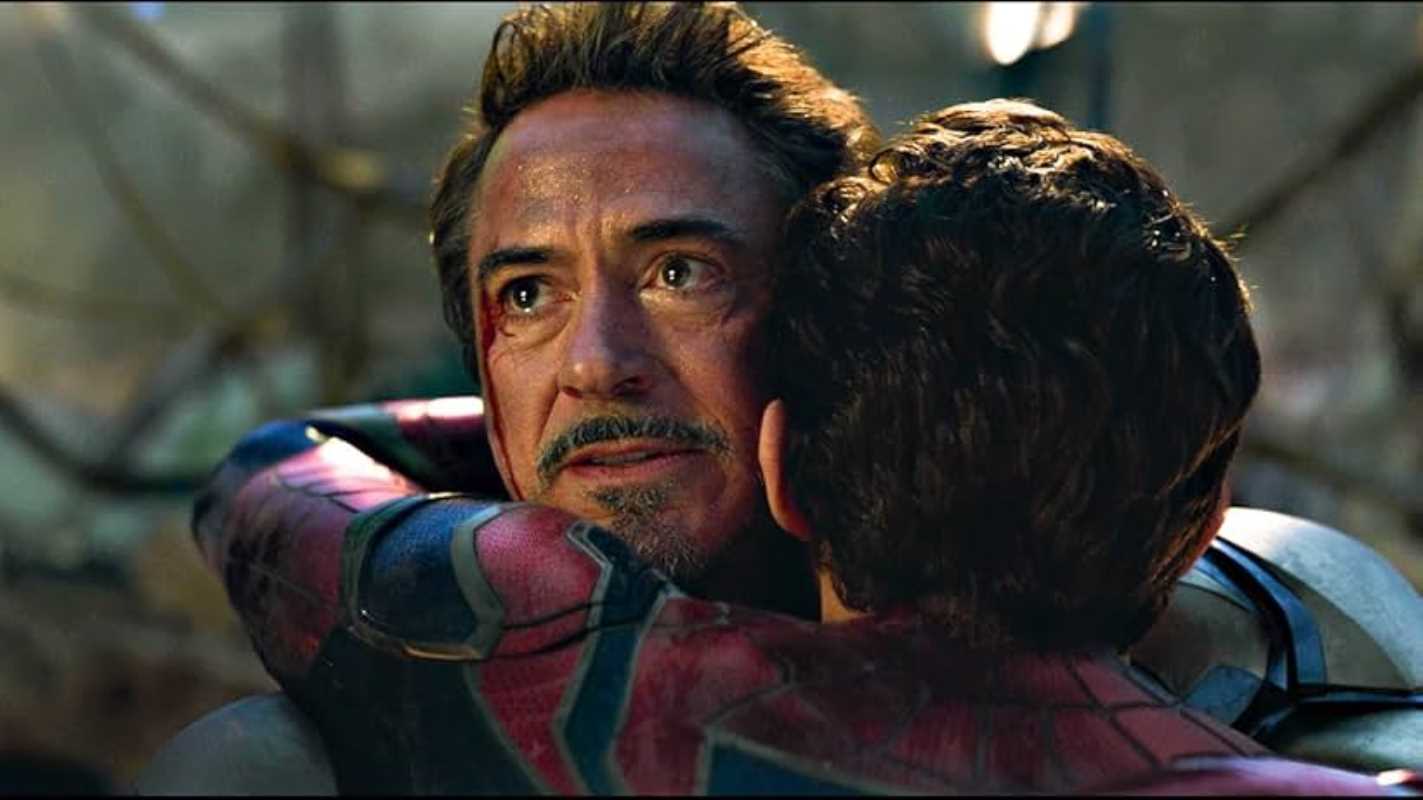 (Image via
(Image via
